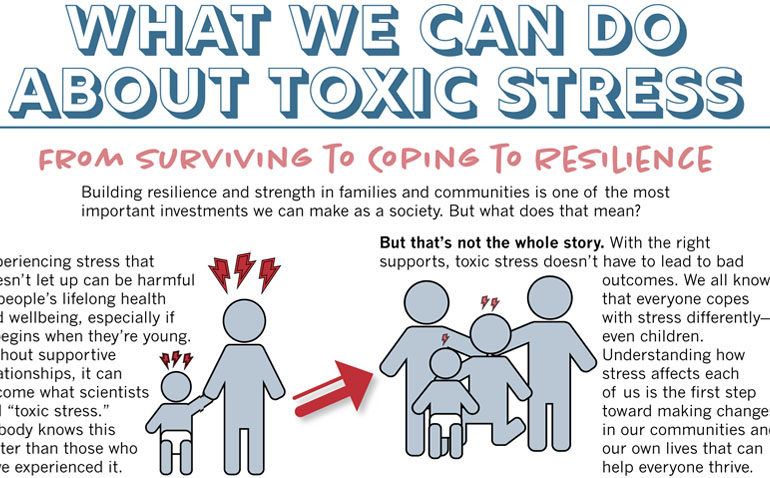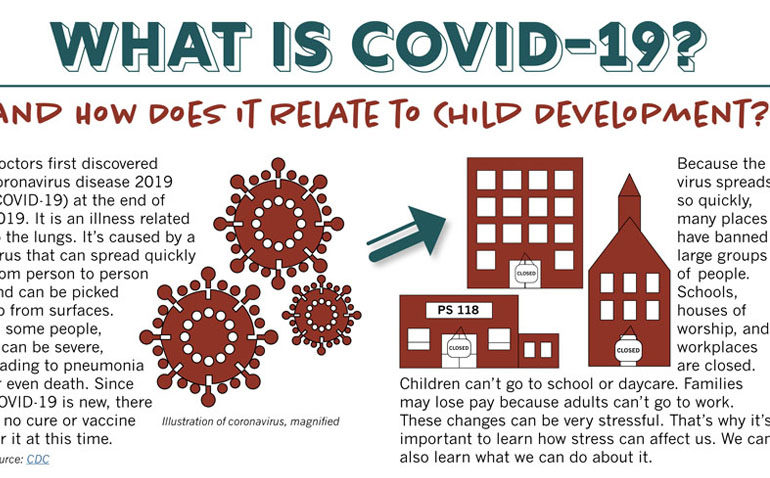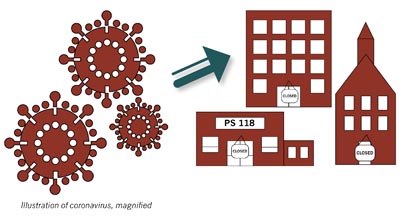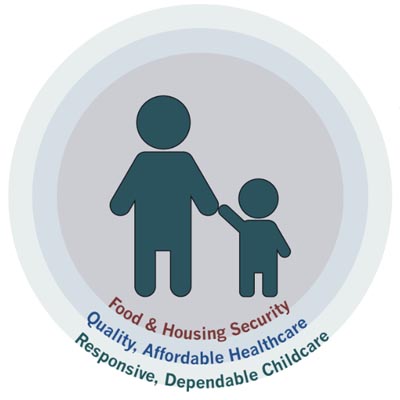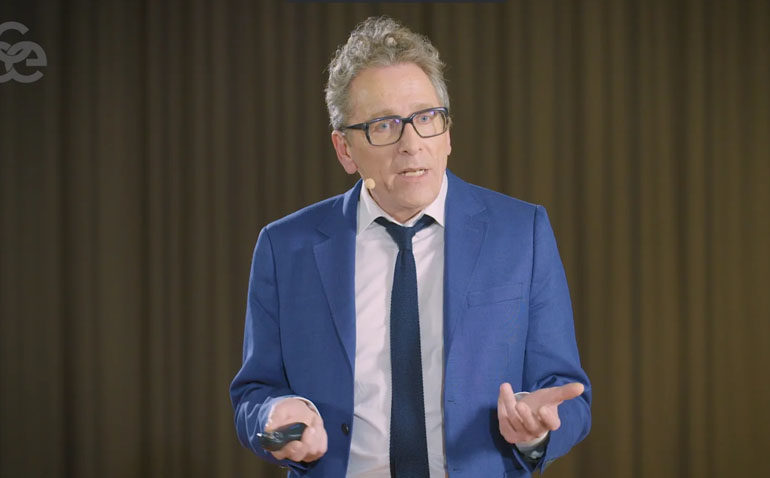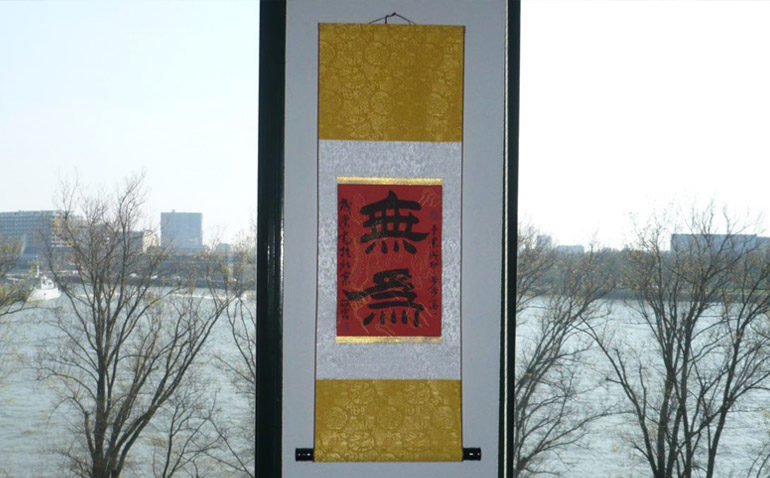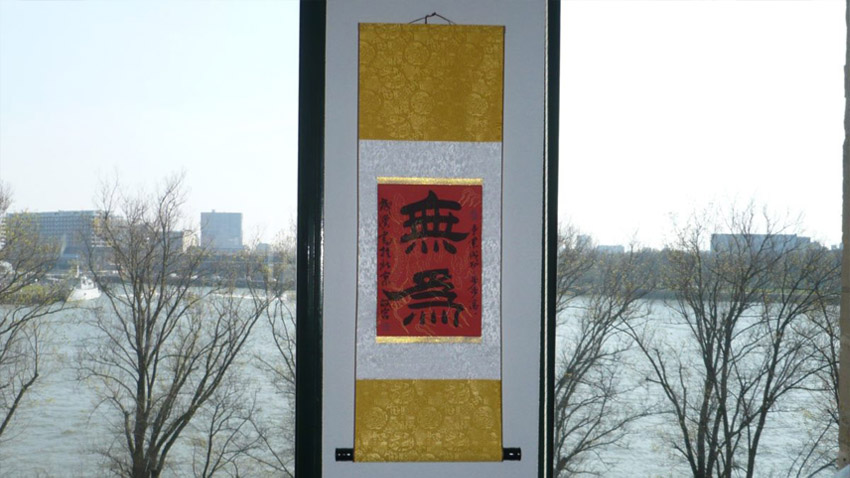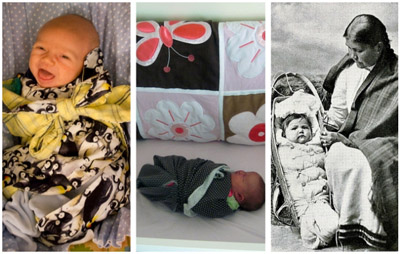Building resilience and strength in families and communities is one of the most important investments we can make as a society. But what does that mean?
Experiencing stress that doesn’t let up can be harmful to people’s lifelong health and wellbeing, especially if it begins when they’re young. Without supportive relationships, it can become what scientists call “toxic stress.” Nobody knows this better than those who have experienced it.
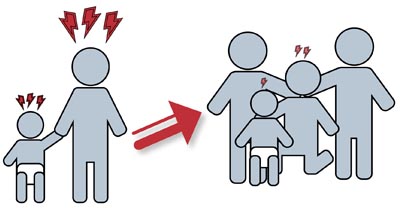
But that’s not the whole story.
With the right supports, toxic stress doesn’t have to lead to bad outcomes. We all know that everyone copes with stress differently— even children. Understanding how stress affects each of us is the first step toward making changes in our communities and our own lives that can help everyone thrive.
Toxic Stress Can Feel Like a Heavy Weight, But Communities Can Share the Load.
As adults, the effects of stress caused by things like experiencing violence, or not having enough food or a place to live, can feel heavy, like a burden that makes it hard to get through life. This stress can put a person into a constant state of “fight or flight” response, which makes it unusually difficult to plan or follow through, or to stay calm. Feeling this way can override a parent or caregiver’s ability to provide the supportive relationships children need, or even to do things that help relieve the burden.
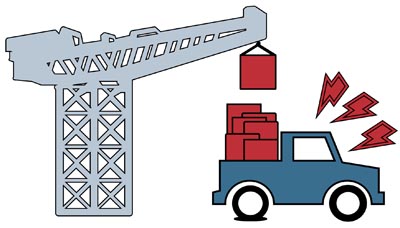
Just as a truck can only bear so much weight before it slows down or stops moving forward, challenging life circumstances can weigh caregivers down and make it hard to do the things they need and want to do. And just as carrying too much for too long can cause a truck to break down, people can wear down from being overburdened without support.
But just as we can remove cargo from an overloaded truck, we can provide supports and services that allow caregivers to focus on caring for themselves and their children. And just as we can do regular maintenance to keep a truck in good shape, regular access to these services can help families manage the load during challenging times.

Supporting Each Other, Building Resilience
Under this kind of stress, it can be difficult to focus on the fact that the most important thing your children need is love, affection, and attention, along with clear limitsetting. Spending more time playing and snuggling with them, talking to them, or taking walks and exploring together are tools you can use to help connect.
If your stress is making it hard to do these things—if your truck is just too overloaded— reach out for help. Resources like food pantries or free activities can help lift stress. Connect with parents, friends, or family who care, or seek help from a professional so you can get back to nurturing your kids. And when you’re out of crisis, you can help others in your community, by letting other parents know that their loving attention can make the biggest difference for their kids, or
joining in advocacy to expand family supports.
The threads that connect us all can grow stronger when taking on difficult challenges, and those ties can lessen the burden of toxic stress. No person is an island; everyone needs the help of others in difficult times. And toxic stress is not the end of anyone’s story.
For more information: https://developingchild.harvard.edu/guide/a-guide-to-toxic-stress/
![]()

